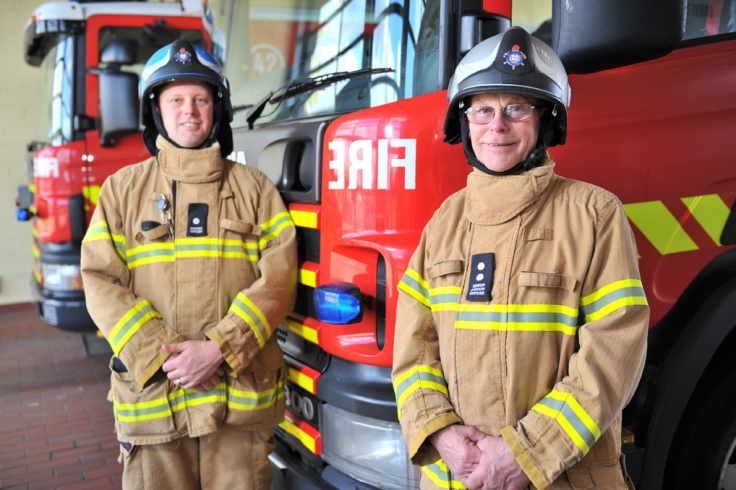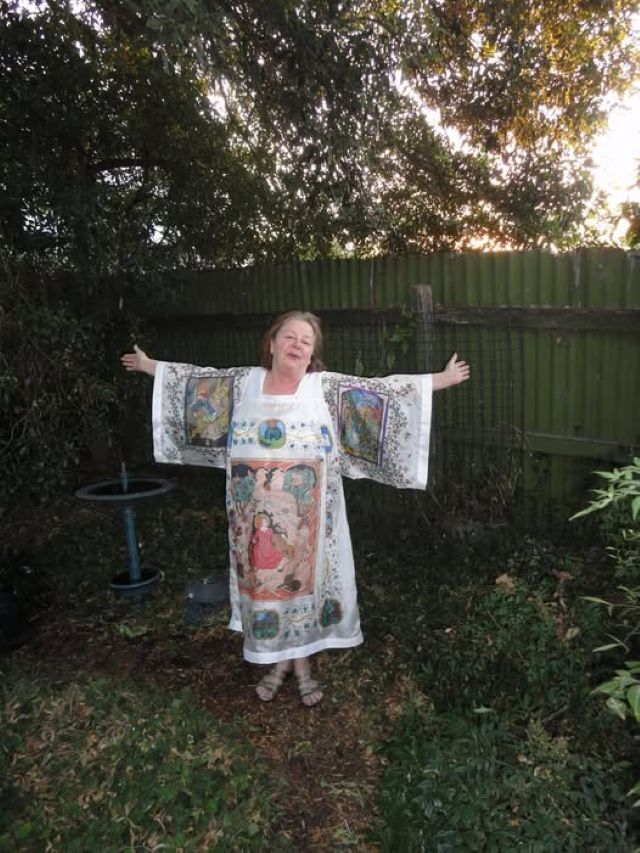A Newport firefighter last week did one of the hardest thing he has ever done in his life – retire.
But former senior station officer Steve Clarke said that after 40 years’ membership, he still felt connected to the brigade through his son, third generation firefighter James Clarke, who is nearing 16 years of service.
Steve Clarke, 64, was mostly stationed at Footscray, Newport and Sunshine, but he has worked at virtually every station in Melbourne’s west.
“Retiring has been one of the most difficult things I’ve had to do in my life. I really have struggled with it,” he said.
“But the good thing is that James is still there so I still have that connection, and you never lose those friends.
“When James joined, it was the proudest day of my life.
“I find now that almost every single friend I have in the world is a firefighter or the wife of a firefighter, so it is a close-knit community.”
Mr Clarke cited the two biggest changes during his career as the introduction of women firefighters about 24 years ago and firefighters starting to attend medical emergencies more than a decade ago.
In 1991, he nearly lost his life as he fell head-first through two floors while attending a fire at a derelict factory in Brooklyn.
His wife, Barbara, said doctors told her it was unusual for people to survive after breaking so many bones. Mr Clarke broke his skull and all his ribs.
“It was like he was a toffee apple and someone got a hammer and smashed it,” she said.
Mr Clarke was critical of the state government, which is battling the MFB’s union over its enterprise bargaining agreement, for not recognising the work of firefighters.
“I’m absolutely dismayed at the way the state government is treating not only our firefighters but our paramedics as well,” he said. “They’re treating them with contempt.
“They’re spending, I believe, up to $40,000 a day in the courts – staggering amounts of money.
“When they say all of your fire service levy goes back in to the fire service … oh yeah, sure.
“Most of it is going on court costs to reduce our terms and conditions.
“When you’re at hangings and car accidents and working on a drug addict in a back alley in the pouring rain at two o’clock in the morning, and we’ve got the hierarchy at Fair Work Australia saying we think we’re paying them too much or their conditions are too generous – well, I don’t think they are.”







